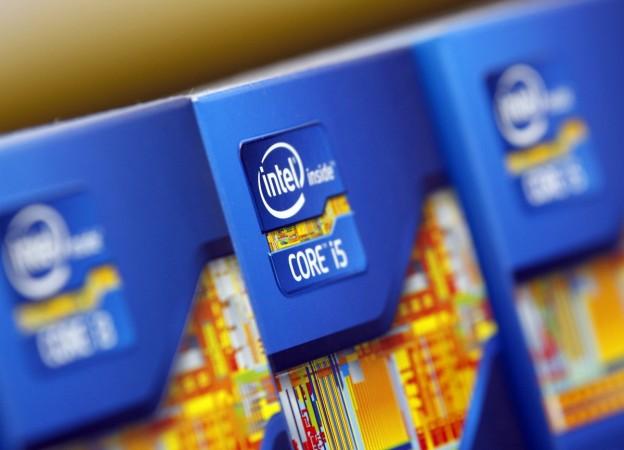
"Tick-tock" ran Intel's processor development clock, where in the "tick" stage the processors were made smaller and in the "tock" stage the processors' performance improved. In a K-10 filing, the chip giant announced it is going to transition into a three-stage development process — Process-Architecture-Optimization.
"We expect to lengthen the amount of time we will utilise our 14nm and our next-generation 10nm process technologies, further optimising our products and process technologies while meeting the yearly market cadence for product introductions," Intel said in the filing.
Intel also named its next processor, the successor to its Skylake chip, calling it Kaby Lake. According to Intel, the chip will be an evolution of the Skylake's 14nm process technology, also announcing that its chips built using its 10nm process technology will be used for a lengthened amount of time as well.
This could be a direct result of Moore's Law catching up with Intel, as according to Engadget, the 10 nm process technology will feature traces that are just 20 silicon atoms wide.
It's also interesting to see that even though competitors, like Samsung, are reportedly making headway when it comes to making 10-nm chips, Intel is confident that other players in the market may not be able to catch up with it.
Taiwan Semiconductor Manufacturing Company (TSMC), another key chip maker, is all set to start shipping its 10nm chips, reports Extreme Tech. It is reported that TSMC aims to introduce 7nm chips in 2018 and 5nm chips by 2020.














